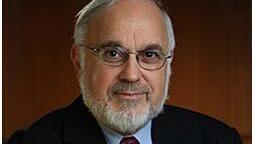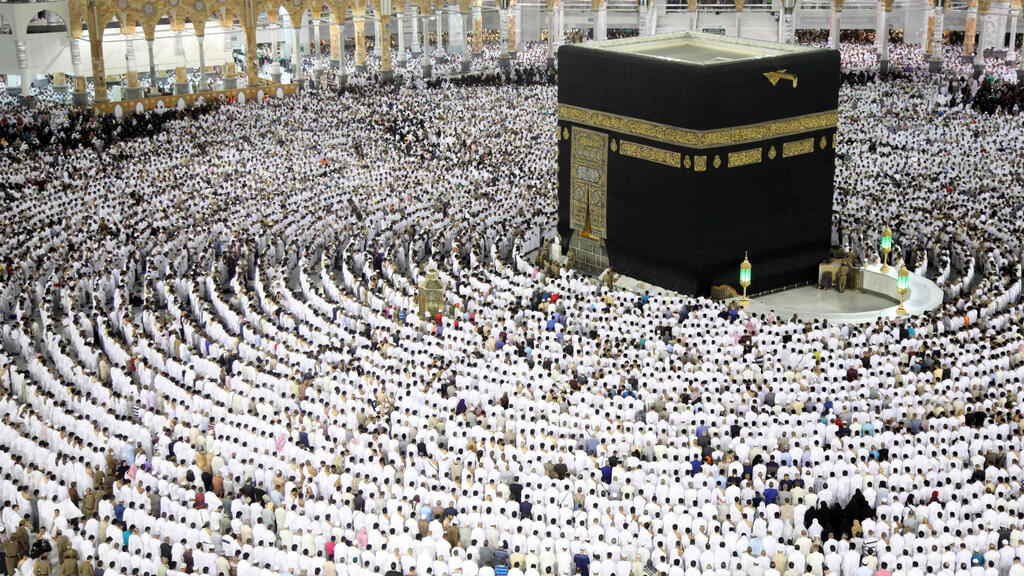Getting your Trinity Audio player ready...
Rabbi Abraham Cooper chair of the United States Commission on International Religious Freedom (USCIRF) on an official visit to Saudi Arabia, was instructed by his hosts, to remove his kippah (religious head covering) when in public. The incident resulted in the delegation cutting the visit short and leaving the country.
Read more:
"After authorities required the USCIRF delegation to leave the Diriyah UNESCO World Heritage Site in Riyadh when the USCIRF Chair, Rabbi Abraham Cooper, refused their requests that he remove his religious head covering (kippah)., USCIRF said in a statement on Monday.
"The Saudi government had invited the delegation, led by Chair Cooper and Vice Chair Reverend Frederick A. Davie, to tour the site on March 5, as part of their official visit to the country that had started on March 3," the statement read.
" After several delays to the tour, officials requested that Cooper, an Orthodox Jewish Rabbi, remove his kippah while at the site and anytime he was to be in public, even though the Saudi Ministry of Foreign Affairs had approved the site visit. U.S. Embassy staff accompanying the USCIRF delegation supported and conveyed to Saudi officials Chair Cooper’s polite but resolute refusal to remove the kippah. Despite their efforts, site officials escorted the delegation off the premises after Chair Cooper indicated he sought no confrontation or provocation but as an observant Jew could not comply with a request to remove his kippah."
“No one should be denied access to a heritage site, especially one intended to highlight unity and progress, simply for existing as a Jew,” Cooper said in his addition to the statement.
“Saudi Arabia is in the midst of encouraging change under its 2030 Vision. However, especially in a time of raging antisemitism, being asked to remove my kippah made it impossible for us from USCIRF to continue our visit. We note, with particular regret, that this happened to a representative of a U.S. government agency promoting religious freedom."
Members of USCIRF described the event as "concerning and painful" adding it was evidence that the Gulf kingdom was deviating from international norms. Saudi Arabia was designated by the State department a “country of particular concern,” or CPC repeatedly since 2004, most recently in December 2023.
USCIRF said in its annual report last year that the Saudis have made "some nominal improvements" but that freedom of religion remained poor.




